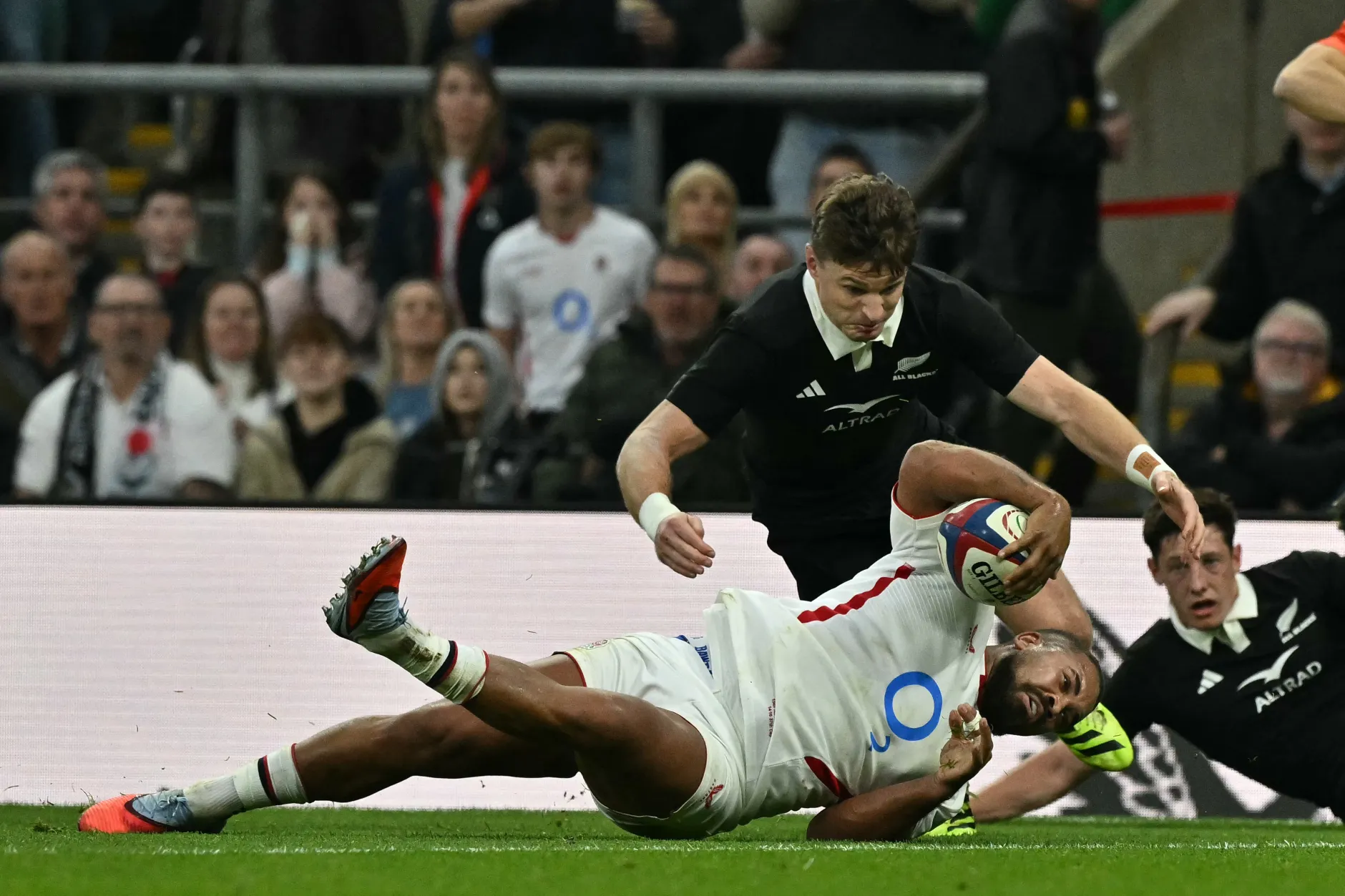From missed kicks to breakdown struggles, a detailed look at what worked, what didn’t, and the lessons Joe Schmidt’s side can take forward from Cape Town.
Australia’s 30–22 defeat to South Africa in Cape Town highlighted a team in transition: resilient and competitive, yet still missing the ruthless edge required to close out matches against world-class opposition. Under coach Joe Schmidt, the Wallabies showed clear signs of improvement, but errors at critical moments ultimately proved costly.
Positives for Australia
Resilience and Mental Fortitude
One of the most encouraging takeaways was the Wallabies’ ability to fight back under pressure. Unlike previous outings, they maintained intensity in the second half, refusing to buckle despite South Africa’s dominance. Schmidt’s emphasis on mental toughness was evident, giving Australia a newfound composure late in games.
Competitive Performance
The Wallabies were competitive throughout, matching the Springboks try for try with three scores. This level of performance, combined with sustained effort across 80 minutes, shows the team is closing the gap on elite-level competition.
Strong Individual Efforts
Key players contributed meaningfully. Tom Hooper and Rob Valentini impressed in the set-piece, while the locks held their ground against a powerful Springboks pack. These performances reinforced that Australia has the talent to compete physically with top-tier teams.
Areas for Improvement
Goal-Kicking Accuracy
Fly-half James O’Connor struggled with the boot, missing two late penalties and a conversion. These misses prevented Australia from securing a losing bonus point and narrowed the margin that could have reflected a closer contest. Consistent, reliable kicking remains a crucial area for improvement.
Experience and Ruthlessness
Despite resilience, Australia still lacks the “Test match animals” — the seasoned, assertive players who make decisive plays at pivotal moments. South Africa’s veteran forwards exposed this gap, particularly in the breakdown, where Australia struggled to slow possession and challenge effectively.
Breakdown Control
The Springboks dominated the breakdown, restricting Australia’s ball retention and slowing their attacking rhythm. This control allowed South Africa to dictate play and limited the Wallabies’ opportunities to build pressure and capitalize on turnovers.
Broader Context
South Africa’s victory was built on pragmatism and execution. Precise kicking, aerial superiority, and contributions from experienced players such as Damian de Allende and Cheslin Kolbe ensured the Springboks controlled territory and minimized risk. Their approach highlighted the efficiency and intelligence required at the highest level.
For Australia, the defeat underscores areas for growth: converting resilience into consistency, improving goal-kicking, and developing the clinical edge to turn narrow defeats into victories. Missing out on a losing bonus point further emphasized how fine the margins are in elite rugby and the importance of execution in every facet of the game.
Despite the loss, there are clear positives for Schmidt’s Wallabies, offering optimism as the Rugby Championship continues and the team builds toward more consistent performances at the Test level.



